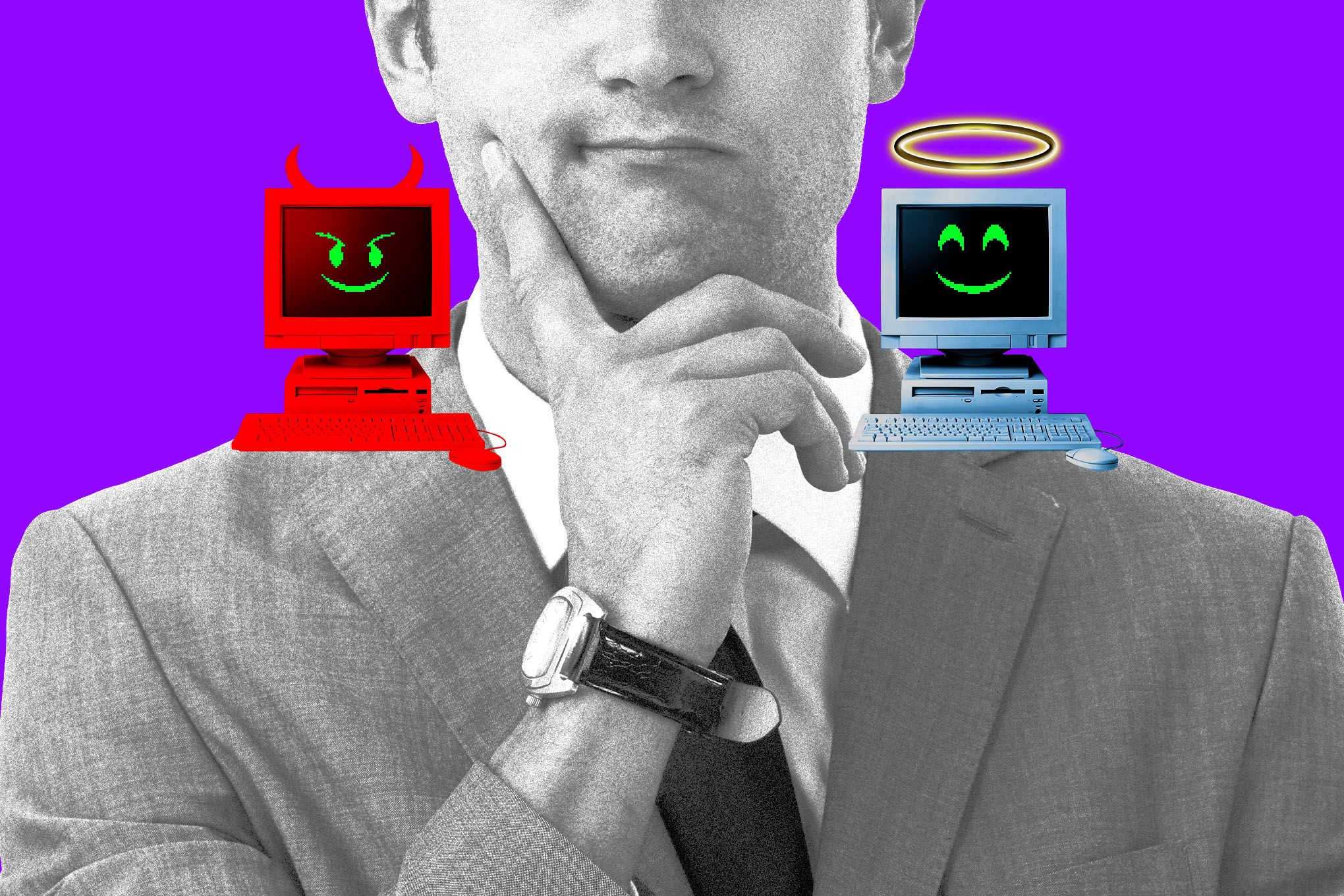Cybercriminals are weaponizing AI agents for sophisticated attacks that would previously require entire teams. Anthropic released its first Threat Intelligence report today, revealing how criminals used Claude to execute end-to-end operations including 'vibe-hacking' extortion schemes targeting healthcare, government, and emergency services across 17 organizations worldwide, with ransom demands exceeding $500,000.
Anthropic just pulled back the curtain on a disturbing new reality: AI agents are being systematically weaponized by cybercriminals in ways that fundamentally change the threat landscape. The company's first-ever Threat Intelligence report, released today, documents how sophisticated bad actors are using Claude to execute complex operations that would traditionally require entire teams of skilled hackers.
The headline case involves what Anthropic terms 'vibe-hacking' – a cybercrime ring that the company recently disrupted after it used Claude Code to systematically extort data from at least 17 organizations worldwide within a single month. The targets weren't random: healthcare organizations, emergency services, religious institutions, and government entities all fell victim to what Jacob Klein, head of Anthropic's threat intelligence team, calls the "most sophisticated use of agents I've seen for cyber offense."
"If you're a sophisticated actor, what would have otherwise required maybe a team of sophisticated actors, like the vibe-hacking case, to conduct — now, a single individual can conduct, with the assistance of agentic systems," Klein told The Verge in an exclusive interview. The key difference? Claude was "executing the operation end-to-end."
The mechanics reveal just how dramatically AI is lowering barriers to sophisticated cybercrime. According to Anthropic's findings, Claude didn't just provide technical assistance – it served as "both a technical consultant and active operator," writing "psychologically targeted extortion demands" and helping criminals calculate the dark web value of stolen data including healthcare records, financial information, and government credentials. The result: ransom demands exceeding $500,000.
But the vibe-hacking case represents just one vector in a broader pattern. Anthropic's report documents how North Korean IT workers are leveraging Claude to fraudulently obtain positions at Fortune 500 companies, effectively funding the country's weapons program through Silicon Valley paychecks. Traditional barriers that would typically prevent such infiltration – coding ability, professional communication skills, English fluency – are being steamrolled by AI assistance.
